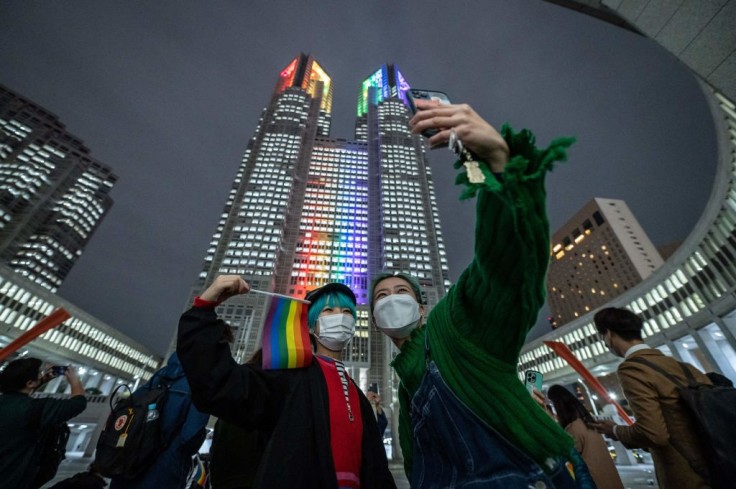
Japan's Supreme Court made a groundbreaking decision, ruling against a government agency that had imposed a bathroom restriction on a transgender employee.
This landmark ruling marks the top court's first judgment regarding the rights of sexual minorities in the workplace. The ruling sets an important precedent in promoting LGBTQ rights in Japan, the only G7 nation without legal protection for same-sex unions.
Background and Discrimination in the Workplace
According to TIME, the plaintiff, a transgender woman in her 50s employed at Japan's Ministry of Economy, Trade, and Industry (METI), had been assigned a male gender at birth but had been living as a woman outside of work since 2008.
However, the government agency had prohibited her from using the women's bathroom, except for a designated facility two floors away. This restriction on her access to appropriate facilities led her to file a suit against the government.
In 2015, the plaintiff filed a lawsuit against the government at the Tokyo District Court, arguing that the bathroom restriction constituted discrimination.
After three years of legal proceedings, the Tokyo District Court ruled in her favor, deeming METI's decision illegal and ordering the government to pay damages. However, Reuters reported that the Tokyo High Court later overturned this decision in 2021, prompting the plaintiff to escalate the case to the Supreme Court.
The Supreme Court's decision to strike down the bathroom restriction is a significant victory for transgender rights in Japan. It sends a clear message that workplace discrimination based on gender identity is unacceptable. By acknowledging the importance of providing appropriate restroom access to transgender individuals, the Supreme Court promotes inclusivity and respect for diversity in the workplace.
Growing Recognition of LGBTQ Rights in Japan
While Japan has traditionally held conservative views on LGBTQ issues, there have been noticeable shifts in attitudes in recent years. However, discrimination against sexual minorities persists.
Japan's lack of legal protection for same-sex unions sets it apart from other G7 nations. This ruling by the Supreme Court is a step toward addressing these disparities and advancing LGBTQ rights.
According to CNN, Japan's Gender Identity Disorder Special Cases Act, enacted two decades ago, imposes significant hurdles on transgender individuals seeking recognition of their gender identity. The law requires invasive surgeries, including sterilization, for legal recognition.
It also mandates a diagnosis of "gender identity disorder," a term removed from the American Psychiatric Association's list of diagnostics in 2012.
These requirements have drawn international criticism from LGBT groups, with calls for the abolition of forced or coerced sterilization.
The Future of LGBTQ Rights in Japan
While the Supreme Court's ruling represents progress, there is still much work to be done to ensure equal rights and protections for LGBTQ individuals in Japan.
Activists continue to push for comprehensive anti-discrimination legislation and the removal of legal barriers that hinder transgender individuals from living according to their gender identity.
The recent passing of a law to promote understanding of the LGBTQ community, although criticized for its lack of human rights guarantees, highlights a growing awareness of the need for change.
This ruling emphasizes the importance of inclusivity and respect for gender identity in the workplace. It also highlights the ongoing challenges faced by transgender individuals in Japan and the need for further legal reforms to protect the rights and dignity of the LGBTQ community.